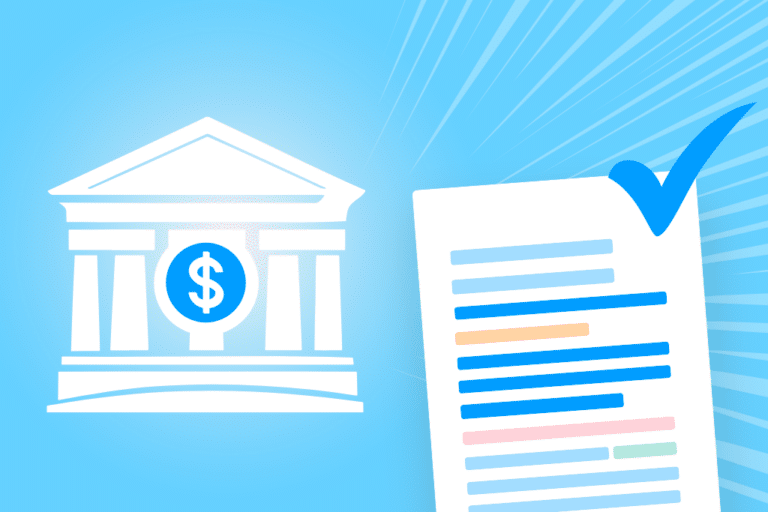When COVID-19 swept the globe, it gave boards a severe and sobering reminder: crisis can strike at any moment. The global pandemic hit organizations quickly and with no warning, leaving them scrambling with their crisis responses. However, COVID-19 isn’t the only threat companies are facing.

The threat of climate change has been on the radar for decades but has been neglected as a priority until recent history. According to the Global Risk Report 2020, climate change is among the top 5 threats in the upcoming decade. However, according to PwC, only “51% of directors say their boards have a strong understanding of how ESG issues such as climate change impact the company.”
There is a high level of complexity and unpredictability regarding the risks and opportunities associated with climate change. It is an issue that must be reassessed frequently, depending on changing variables such as disruptive technologies and evolving regulations. For these reasons, it is critical boards and senior management stay active in their responses.
Boards should play a critical role in how companies address serious issues such as climate change. Still, many board members are uncertain and even reluctant about what measures should be taken. While demands for climate-related disclosures are becoming more and more expected, boards also need to play an essential role in how companies respond to the growing threat of climate change.
Here are ways boards can confront climate risk and inspire change on an organizational level.
“As business leaders, we have an important role to play in ensuring transparency around climate-related risks and opportunities, and I encourage a united effort to improve climate governance and disclosure across sectors and regions.”
-Bob Moritz, Global Chairman, PwC
Cultivating Board Awareness on Climate Change
To make well-informed decisions about climate risk, boards must have directors who have sufficient background and understanding of climate-related issues. According to a poll carried out by PwC, “less than half (47%) of 550 C-suite leaders said their directors had a good grasp of the subject.”
While having subject experts on board might not be realistic, there should exist a fundamental understanding of climate-related issues. This knowledge is necessary in order to be able to integrate climate-related change within the board effectively.
For more complex environment-related matters, soliciting help from experts is strongly recommended.
Boards Need to Ask the Right Questions about Climate Change
Climate considerations must be a factor in any decision made by the board. Additionally, board members must turn up the pressure on their companies to take more significant strides on climate-related change, such as setting steep emission reduction targets.
This should also include asking the right questions and keeping an open dialogue on climate risk. These questions may include, but are not limited to:
- What are the most concrete climate-related risks the company is currently facing and what are the steps they are taking to reduce them?
- How is management assessing future climate risks and what factors do they play in long-term strategy and decision-making?
- How does the company currently disclose climate-related risks?
- What is the company’s story with climate initiatives? How is it preparing for increased disclosure requirements?
By starting the right conversation, boards can make it clear to senior management that creating a well-informed and strategic approach to climate change is at the top of the agenda.
What Climate-Related Risks Should Boards Focus On?
Next, according to a report by Institutional Investors Group on Climate Change, boards should consider the following risks when developing their strategic response to climate change:
- Increased emissions-reporting obligations
- Increasing governmental regulation
- Litigation risk
- Evolving customer attitudes and preferences
- Increasing stakeholder pressure and scrutiny
- Physical risks such as extreme weather events, rising sea levels, and higher mean temperatures.
Depending on the specific organization and their industry, some of these risks might be more relevant than others. For this reason, it is important boards perform a gap analysis on their strategic response and planning.
In addition to climate risk management, it is also important boards are able to identify and utilize climate-related opportunities. This can include the adoption of new technologies, supportive policy incentives, access to new markets, and more.
short-term vs. long term climate risk strategy
With increasing shareholder pressure and tighter regulations, boards are beginning to take action. Yet, according to Deloitte, the majority of these measures are short-term. While the reward and instant gratification of short-term changes are enticing, a long-term point of view is imperative for organizations looking to truly mitigate the risk of climate change.
“The following steps may help companies to get to grips with climate change:
- understand the risks climate change presents to the business, and the opportunities that may lie in becoming part of the solution
- assess the scale of necessary emission reductions, and the levers that are key to achieving them
- calculate how much will emission reduction and adaptation efforts cost?
- position the risks and opportunities of climate change within the governance structure to ensure a strategic measurable approach.”
Source: Deloitte
To conclude, managing climate change risk has quickly become one of the board’s most serious responsibilities. This involves overseeing climate risk disclosure, but also identifying and targeting these quickly evolving threats.


